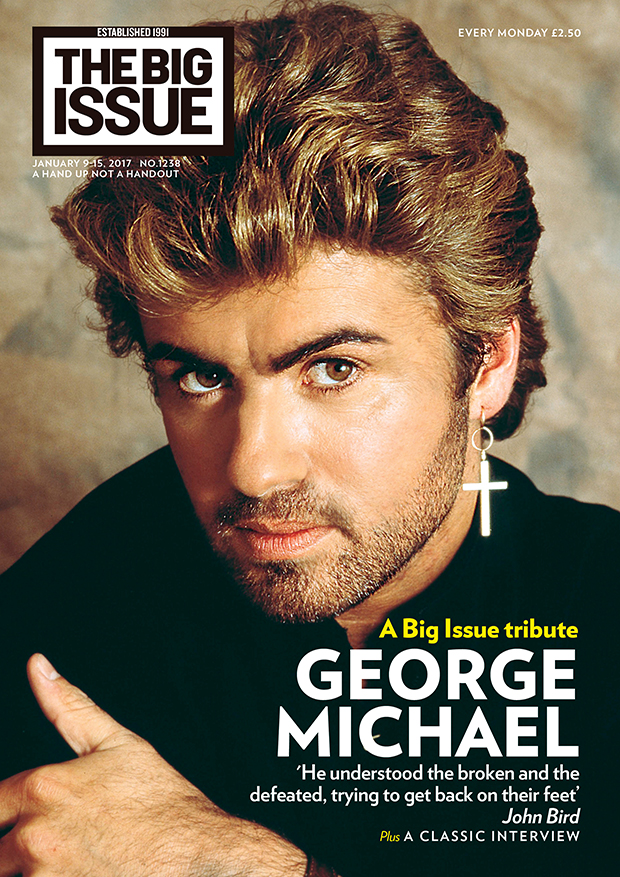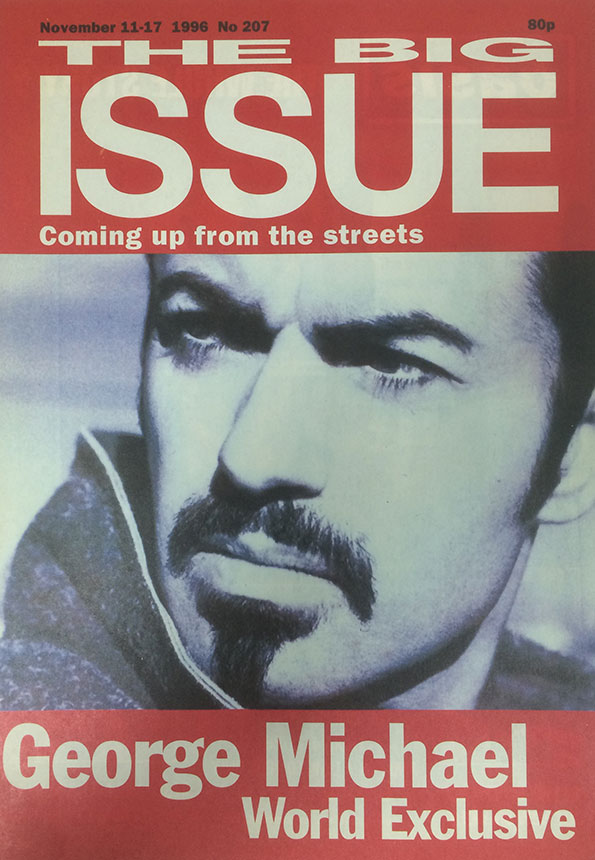George Michael: Freedom aired last night on Channel 4. The documentary, made and voiced by the singer himself, was close to completion before his sad, untimely death last Christmas.
The tone was uncritical, the story was the version George wanted told, and what was left out is, in some ways, as intriguing as what was included. But the interviews were recorded before George’s death. And this means everything.
The idea that George will have heard how highly rated he was by Stevie Wonder, Mary J Blige, Elton John, Mark Ronson, Nile Rodgers and Liam Gallagher – who seemed chuffed to have come up with the phrase: “Modern-day Elvis” to sum up the singer – is heartwarming. All too often we wait until it’s too late to sing the praises of people we admire.

He spoke, in the film, of wanting to be remembered as a great singer and songwriter. Here’s hoping the words of his peers and heroes and friends meant he died knowing the high regard in which he was held. Here are five things we learned from watching George Michael: Freedom…
1. His voice still blows minds
However many times we have heard him sing, to take a moment to really focus on his voice is to open our minds to be blown all over again. Tony Bennett, Mary J Blige, Liam Gallagher, Stevie Wonder, Elton John and Mark Ronson don’t just sing any singer’s praises. “Soulful, warm, sultry and urgent,” according to Blige. But Elton John nails it: “When he does up tempo it is full of joy, when he does sorrow – which is the true mark of a great singer – you can hear the pain.” Amen, Elton.










